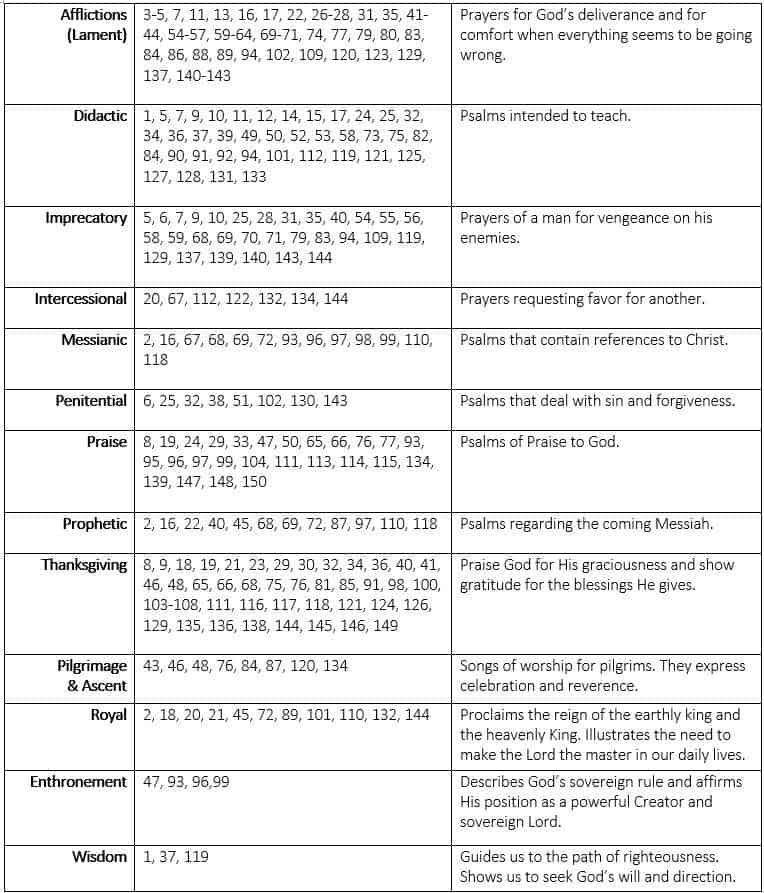 In “U is for Unknowable,” I threw out the challenge that God, in the end is, unknowable. This caused a bit of a stir, so I thought I’d keep the conversation going.
In “U is for Unknowable,” I threw out the challenge that God, in the end is, unknowable. This caused a bit of a stir, so I thought I’d keep the conversation going.
Now, it isn’t that God wants to be unknowable, the limitation lies in me! Hard as I may try, I can never “think” as He does, never see things as He does, never understand things He as does.
He is without beginning or end. He exists outside of time and space. I’m a weak, broken creature, constrained by time. My understanding of everything is affected by this reality. I’m made in His image, but I contain within myself only a small remnant of knowing what that means. God is not my equal, He is my creator.
Isaiah gets it, as he speaks on behalf of God,
For my thoughts are not your thoughts,
neither are your ways my ways, declares the Lord.
For as the heavens are higher than the earth,
so are my ways higher than your ways
and my thoughts than your thoughts. (55:8-9)
It is because of this inability to really understand God, that Christ became a man and lived among us. By His words and actions, Christ attempted to show us who God is, how He thinks, and what is important to Him.
But God’s effort to reach us didn’t end with Christ. We have the example of those who have journeyed before us, we have the traditions of our faith, and Sacred texts. Yes, I said texts – plural.
At a retreat, I once heard a monk say,
“There are three Sacred texts; the Text of Holy Scripture, the Text of the Inner Self, and the Text of God revealed in Nature.”
The first one is obvious, The Sacred Texts of Scripture, the inspired Word of God. The Text of the Inner Self, well that’s really fascinating, and I’ll save that for another post. In this piece, I want to focus on the third text: The Text of God revealed in Nature.
In nature, there are hints of God, everywhere. I’m not only talking about the deep beauty found in nature, I’m talking about the way our physical world points us to a greater understanding God.
CS Lewis touches on this a bit in his autobiographical work, “Surprised by Joy.” He says, “All images and sensations say, in the last resort, ‘It is not I. I am only a reminder. Look! Look! What do I remind you of?’”
As a Spiritual Director, I often hear, “Lisa, I want God to speak to me.” I get it, I was there too. I wanted the big, booming voice, to speak loudly and without hesitation. But I’ve learned that God is speaking to me – all the time, it just took me a little practice to “hear” Him.
Through the years, I’ve taken several exercises designed to help with listening, and created a worksheet which shifts this listening into seeing. It’s called “Visio Divina,” or Sacred Seeing. If you use this worksheet a few times, you’ll be off to a new way of “hearing” God in everything you see around you. Even if you’ve never thought it was possible for you.
My Spiritual Director once told me, “God has no rigid ‘plan,’ that must be kept at all costs. It is the rule of love, that God is always about the business of seeking and finding us in new and creative ways.”
Visio Divina is a tool that will help you let God find you in a new and creative way. I hope you’ll give it a try. Once you do, drop me an email and let me know how it went.
 I have always found it encouraging to know that we are not alone on this journey to God. There are many who have traveled the road before us and they have left us an abundant supply of tools to utilize in our own efforts. Our lives should be devoted to learning all we can, striving always to know more about God.
I have always found it encouraging to know that we are not alone on this journey to God. There are many who have traveled the road before us and they have left us an abundant supply of tools to utilize in our own efforts. Our lives should be devoted to learning all we can, striving always to know more about God. Exploring the lives of Saints has allowed me to enter a fullness in my Spiritual life. I have learned from so many who have traveled on the path of faith before me. St. Teresa is one of those Saints. Her life is a wonderful example of how persistence in faith bears much fruit. Like
Exploring the lives of Saints has allowed me to enter a fullness in my Spiritual life. I have learned from so many who have traveled on the path of faith before me. St. Teresa is one of those Saints. Her life is a wonderful example of how persistence in faith bears much fruit. Like  Retreats and Silence go hand-in-hand.
Retreats and Silence go hand-in-hand. If you know me, you know I love to retreat. I attended my first retreat in 1991. I was nervous, and it was difficult to leave my family, but I knew I needed to get away. At that retreat, new doors were open to me, as if, in the pause, I was given a new set of glasses, and the whole world looked different.
If you know me, you know I love to retreat. I attended my first retreat in 1991. I was nervous, and it was difficult to leave my family, but I knew I needed to get away. At that retreat, new doors were open to me, as if, in the pause, I was given a new set of glasses, and the whole world looked different. In Spiritual Growth, Q is for Quotidian Mysteries
In Spiritual Growth, Q is for Quotidian Mysteries In an era where distractions crowd out my ability to listen to God, the Psalms offer me a quick touch point, reminding me of who He is, and who I am in relation to Him and to others.
In an era where distractions crowd out my ability to listen to God, the Psalms offer me a quick touch point, reminding me of who He is, and who I am in relation to Him and to others.
 In our efforts to Grow Spiritually, it is foundational that we understand who God really is.
In our efforts to Grow Spiritually, it is foundational that we understand who God really is. I was intimidated by MERTON, but I would have like to have been friends with NOUWEN. His writings resonate with me on almost every level. They don’t necessarily confront me, rather I find in them an immense source of comfort.
I was intimidated by MERTON, but I would have like to have been friends with NOUWEN. His writings resonate with me on almost every level. They don’t necessarily confront me, rather I find in them an immense source of comfort. It took me some time to actually sit down and read Merton. Honestly, I was intimidated by his reputation. I thought he might be too advance for me, so I began by trying to take in some of his quotes. Here’s a few of my favorites:
It took me some time to actually sit down and read Merton. Honestly, I was intimidated by his reputation. I thought he might be too advance for me, so I began by trying to take in some of his quotes. Here’s a few of my favorites: